This new device is a nanoscale Velcro-like device that can help not only in non-invasive diagnosis of cancer but also to study the mechanism involved in the spread of cancer in the body. With the help of this device doctors would be able to detect the cancer cells before their stay in the other organs. Moreover, the tumor cells would remain alive on the device, so the researchers would easily study them.
Blood passes through the device as a filter and the tumor cells adhere to the small molecules and separate them with 40%-70% of efficiency. Temperature at 37 degrees Celsius helps scientists to keep the tumor cells in tiny temperature-responsive polymer brushes or the temperature cooled to 4 degrees Celsius helps them to release and examine the cells.
Researchers wrote, “A platform for capture and release of circulating tumor cells is demonstrated by utilizing polymer grafted silicon nanowires. In this platform, integration of ligand-receptor recognition, nanostructure amplification, and thermal responsive polymers enables a highly efficient and selective capture of cancer cells. Subsequently, these captured cells are released upon a physical stimulation with outstanding cell viability.”
“Until now, most devices have demonstrated the ability to capture circulating tumor cells with high efficiency. However, it is equally important to release these captured cells, to preserve and study them in order to obtain insightful information about them. This is the big difference with our device.” Hsiao-hua Yu, who led the team that developed the technology to coat the device with polymer brushes, said in a statement.
Via Dr. Stefan Gruenwald



 Your new post is loading...
Your new post is loading...

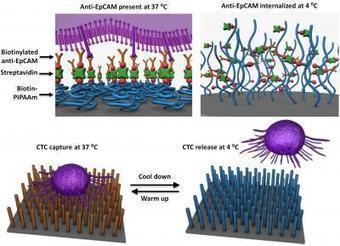



![[INFOGRAPHICS] Cancer... | Science News | Scoop.it](https://img.scoop.it/CFjwJCbHZpzIagYHzgnFvDl72eJkfbmt4t8yenImKBVvK0kTmF0xjctABnaLJIm9)
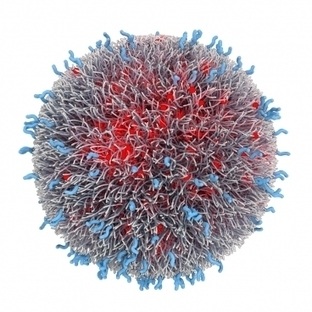
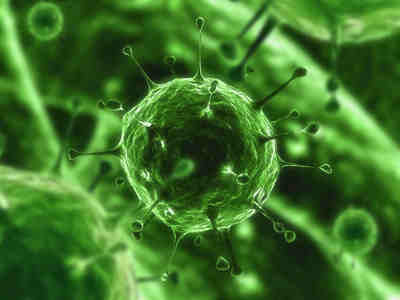

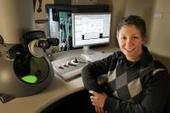








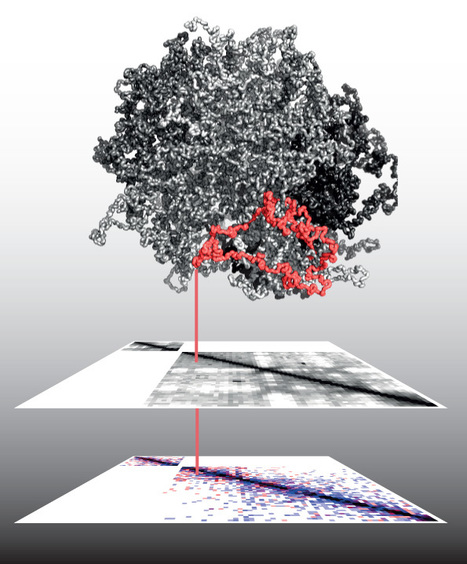







Un innovativo micro-supporto consente di catturare singole cellule tumorali, libere nel sangue; è poi possibile liberarle, conservandole perfettamente integre, in modo da studiarne le caratteristiche a livello molecolare.